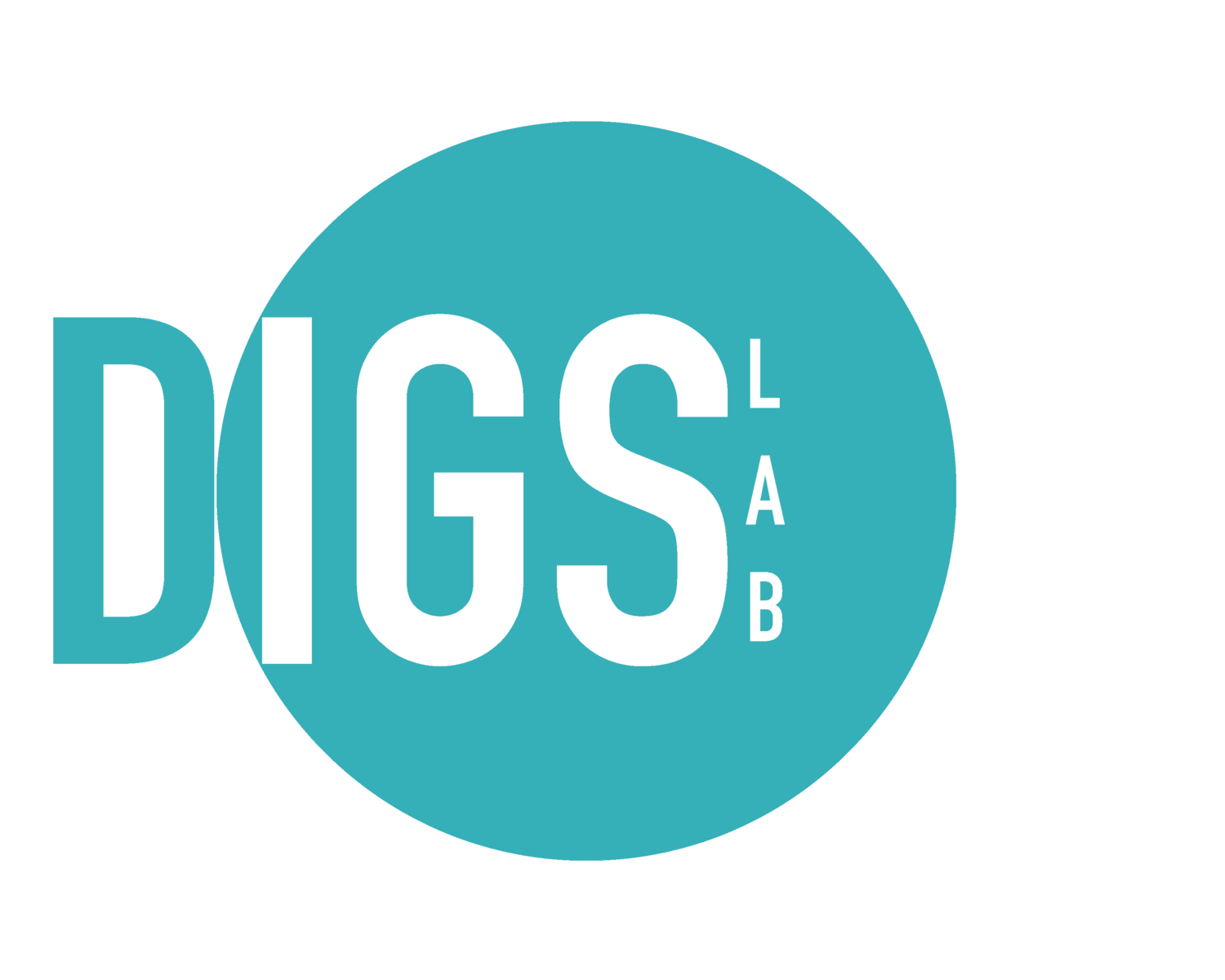Dating apps in Canadian context: Examining digital harms, intimate intrusions and equitable relationship-building through mobile technologies
Research funded by the Social Sciences and Humanities Research Council
Principal Investigator: Diana Perry, University of Waterloo
Co-Applicants: Stefanie Duguay, Concordia University
Eric Filice, University of Waterloo
Collaborator: Corey Johnson, North Carolina State University
Tinder, Bumble, OkCupid, and other apps for meeting people are firmly part of Canadians' everyday lives. These geosocial networking applications (GSNAs), accessed through mobile devices, are widely discussed as the catalyst for new connections and relationships as their users find friends, dates, relationships, and even new jobs or apartments by swiping through profiles. However, GSNAs also facilitate harm and violence, with users reporting experiences of sexual harassment and threats in their interactions. This project examines how GSNAs are designed, envisioned by stakeholders, and experienced by Canadians to understand how they feature in equitable uses–those fostering positive outcomes across diverse users–and how to address and prevent their use for inequitable, violent ends.
To address this gap, this study spans four objectives, which form the project's driving questions:
1. What measures, governance policies, and technological features are currently in place within GSNAs to promote user safety, and what gaps and insufficiencies create the potential for harm?
2. How do Canadian GSNA users of diverse backgrounds experience and negotiate the potential dangers and opportunities of the technology?
3. How are various stakeholders (e.g., policymakers, GSNA companies, civil society groups) working to enable safer interactions on GSNAs, and where present measures are seen as inadequate, what improvements do they envision?
4. What tools can be provided to academics and public audiences to empower individuals in the use of GSNAs for equitable use and to stop technology-facilitated violence through the apps?
These questions will be addressed through a qualitative, multiphase, multimethod research design guided by science and technology studies, intersectional digital feminism, and social justice frameworks.
Research outputs
Conference papers:
Matharu, A., Parry, D.C., Dietzel, C., Filice, E., Duguay, S., & Johnson, C.W. (2025). Conducting interviews with survivors of technology-based sexual violence: The impact of current global issues and topics. The Qualitatives, June 18-20, Quebec City, Canada.
Matharu, A., Parry, D.C., Dietzel, C., Duguay, S., Filice, E., & Johnson, C.W. (2025). Mapping harm and safety: Exploring sexual and dating-based violence on geosocial networking apps in Canada. Canadian Association for Leisure Studies Congress, June 2-4, George Brown College, Toronto, Canada.
Duguay, S., Dietzel, C., Filice, E., Parry, D.C., Johnson, C.W. (2024). “Prove to other users that you’re a real person”: Tracing dating apps’ carceral logics. Paper for the panel Exploring Appification. Association of Internet Researchers Annual Conference, October 30-November 2, Sheffield, United Kingdom.
Dietzel, C., Duguay, S., Felice, E., Parry, D., Johnson, C. (2024). Beyond the swipe: Interrogating dating app approaches for sustaining user safety. Canadian Communication Association Annual Conference, June 18-12, Montreal, QC, Canada.


